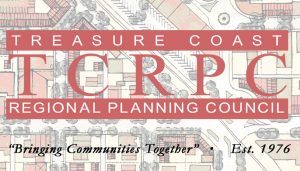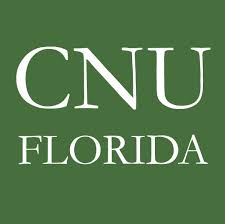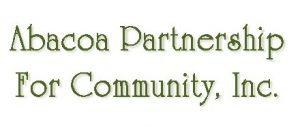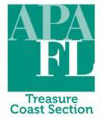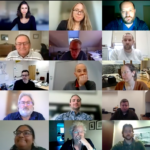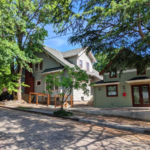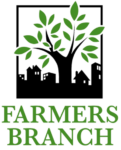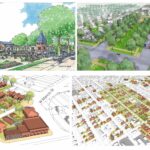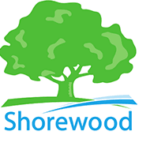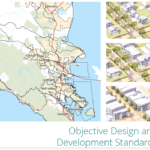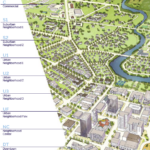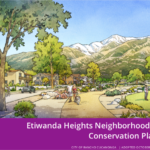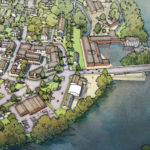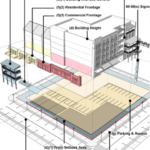FBC 101: The ABCs of Form-Based Codes Treasure Coast, Florida January 14th
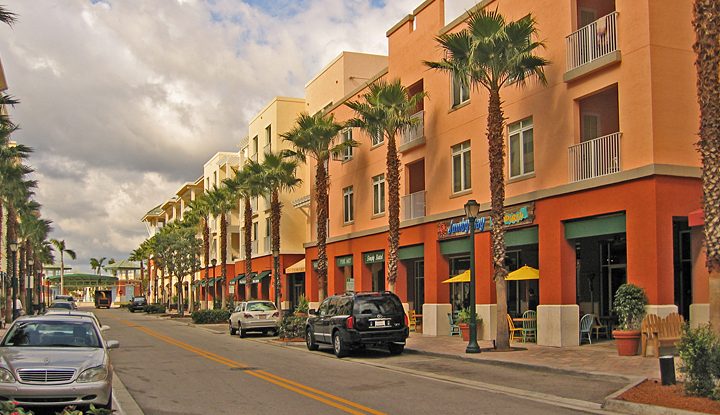
www.eventseeker.com
Summary
FBC 101: The ABCs of Form-Based Codes
Monday, January 14th, 2019
Jupiter Community Center
Meeting Room A/B
200 Military Trail
Jupiter, FL 33458
Eligible for 8 AICP CM
FBC101 is an intensive one-day class, in which participants learn how form-based codes are essentially different from conventional land use regulation and how they have evolved to solve many of the problems created by conventional zoning. The course provides an overview of the process of creating a form-based code, moving from an initial place-based community vision to an adopted code and beyond. Instructors combine lecture and classroom discussion with a hands-on exercise in observing community built form and shaping public space. Participants also learn about common misconceptions about form-based codes and the legal basis for form-based codes. This class is prerequisite for FBC 201 (urban design) and FBC 301 (code implementation). Participants who attend all three courses receive a certificate of completion from FBCI.
Click the tabs above to see agenda and instructors.
Lodging
6752 W Indiantown Road
Jupiter FL
561.745.7997
6748 W, FL-706 (Indiantown Road)
Jupiter, FL
561.748.5252
Agenda
The following is a final class agenda.
8:00 – 8:30 AM Registration and Light Breakfast
8:30 – 8:45 AM Welcome and Introductions – All Instructors
Instructors will introduce themselves and the Form-Based Codes Institute and provide background on why communities may decide to use form-based codes. Participants will introduce themselves comment on why they are attending the class and what they hope to learn.
8:45 – 9:45 AM Form-Based Code Principles and Components: A Tool for Shaping Community Form and Character and Smarter Growth – Bill Spikowski
The session will provide an overview of the differences between form-based codes and conventional zoning; the most common applications for form-based codes; common barriers to traditional urbanism; and basic principles of urban form. The session will highlight the need for zoning reform and how form-based codes have become the paradigm for putting form first and relegating use to secondary status.
9:45 – 10:30 AM Steps and Components for Preparing a Form-Based Code – Nancy Stroud & Bill Spikowski
This session will explore the public engagement that is needed to reach a shared community vision of physical form, which is an essential step in the creation of a form-based code. Instructors will explain the various types of form-based codes and the components of a form-based code such as regulating plans, building form standards, and street standards.
10:30 – 10:45 AM Break
10:45 AM – 11:30 AM Legal Aspects of Form-Based Code – Nancy Stroud
A broad understanding of applicable law is essential when adopting a form-based code. This session will provide an overview of some of the general principles for regulatory amendments; review some important considerations for the process of adopting a code; and present ideas for how to minimize the potential for legal challenges.
11:30 AM – 12:15 PM Common Misunderstandings about Form-Based Codes – Nancy Stroud & Bill Spikowski
In this session, the instructors will address common misunderstandings about form-based coding and how to address them. Topics will include: complexity and flexibility in form-based codes, the role of consultants in drafting a code, regulation of uses in an FBC, guidelines versus regulations, the potential for displacement, and the degree to which architecture and design can be regulated under an FBC.
12:15 – 1:15 PM Lunch provided by TCRPC
1:15 – 2:00 PM Making Things Easier for DevelopMENT, Rather than DeveloPERS – Frank Starkey
Unlike the historic growth of cities, today’s extensive regulations require professional developers and a bevy of consultants. This impacts urban form, economics, democratic participation and the government’s ability to protect the common good. Form-based codes are a key tool for re-democratizing the buildings of towns and cities.
2:00 – 3:45 PM Documentation and Analysis Exercise – Dana Little
In this exercise, participants will observe, document and discuss different contexts and levels of urbanism; how elements such as streets, frontages, setbacks and building forms become the foundation of a legally enforceable form-based code; and how to translate desired images into legally enforceable zoning codes and regulations of the public realm. Be ready to draw, understanding the details of built places and how they relate back to code content.
3:45 – 4:00 PM Break
4:00 – 4:45 PM Getting Ready for a Form-Based Code – Nancy Stroud & Bill Spikowski
Form-based codes are a new concept for many communities and local planners often need to build understanding and support before drafting and adopting a new code. Using case studies from their own experience, the instructors will speak about specific steps local planners have taken to prepare citizens, political leaders and their own staff for the transition to an FBC. This session will conclude with a summary of technical resources that are available to communities wishing to embark on a form-based code.
4:45 – 5:15 PM Lessons Learned and Q&A – All Instructors
5:15 PM Adjourn
Instructors
FBCI draws upon national experts, including urban designers and planners with broad experience in all aspects of form-based coding.




Registration Fees
TCRPC Members: $125*
*Please insert discount code at check out.
Public Sector: $275
Private Sector: $325
We accept Visa, MasterCard, and Discover.
Register now!
Thank you to our sponsors:
And our marketing partners:

